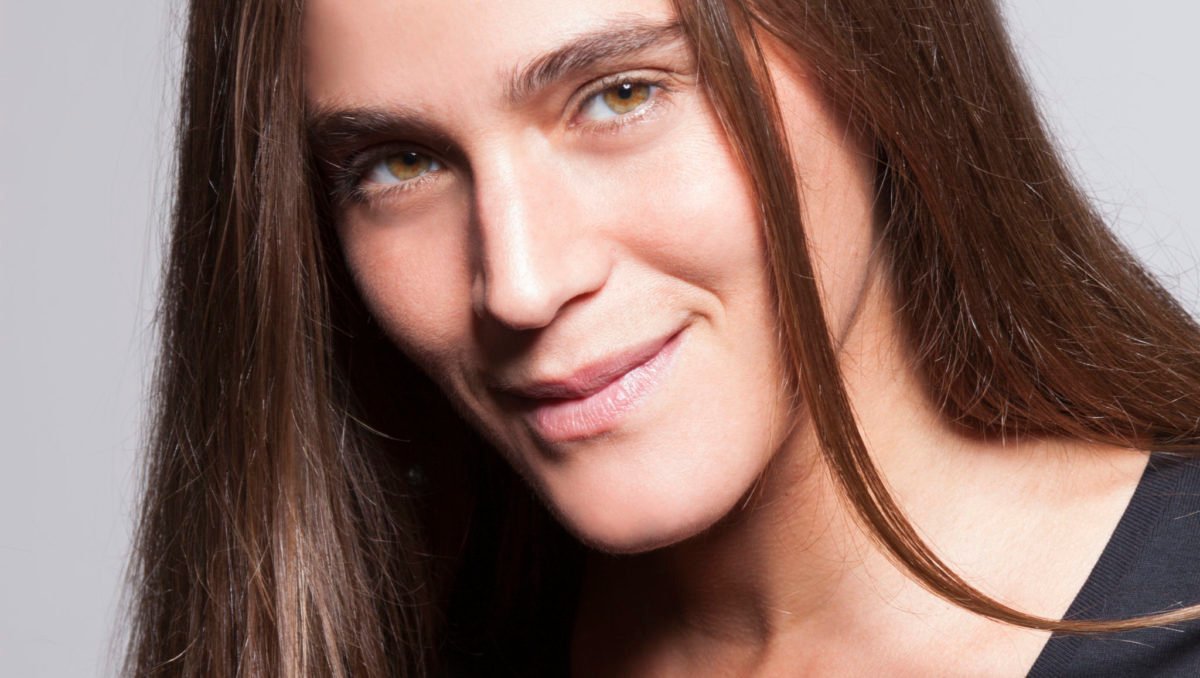SING, O BARREN ONE, WHO DID NOT BEAR A CHILD
—Isaiah, 54:1
Her hand sharp in the small of Hagar’s back, Sarai, that barren
punster, pimped her handmaid to her husband, saying, “As I am barren
please consort (bo-na, in Hebrew) with her” by literally saying,
“I shall be built up (ibaneh) through her.” A barren
women can still be clever, though rabbis tea-leaved this to imply
a childless woman is a ruined structure in need of rebuilding. Barren,
however, was not a ruin forced on us, but a path my wife and I have chosen. A choice
not so much against a child as for other things—our art, each other: a life barren
only of all we’ll never know. God said, “I’ll call you
by a different name and your destiny shall change.” Sarai, barren,
had no children but Sarah did. Mom is a name I’ve cried times beyond counting,
yet is a name I’ll never be called—less a name than a state of being; once borne,
innate as DNA. “Wife” or “writer,” though, are titles non-familial,
vocational, requiring daily upkeep, a renewal of Yes, I will still bear
this—and be stronger for it? Who can say. Perhaps we’ll end up
most defined by what we are not. Yet bared
by the roof of our ruined structure, we count the countless stars, grow
our shared life in place of bearing
a new one. Because before Sarah and even before Sarai
was the first of the three names she’d eventually bear:
Iscah, whose root might be sakhta, “saw,” which would make her sight a prophet’s,
divinely inspired, or is sokhin, a duller lot, meaning all “gazed upon” her beauty: barren
Iscah—precursor to the name Jessica—like all women, torn between being a seer
and being the one seen. So, prophet, tell me: Is the only happy ending really a baby?
- Published in Issue 20, Uncategorized
